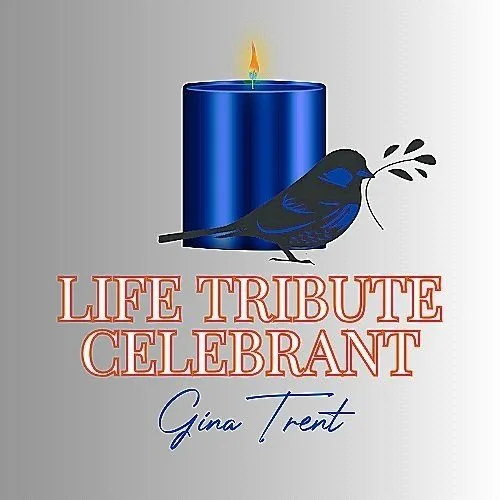Practicing the 3 H’s When Supporting Grieving Families
Admit it: being around people in deep grief makes most of us uncomfortable.
We don’t know what to say. We feel helpless, unsure, and even awkward. So we fill the silence. We try to comfort with words, dry their tears, and distract them from the heaviness of their emotions. We might share scripture, offer clichés about their loved one being in a better place, or try to shift the focus to something lighter.
But sometimes our attempts to help only make the grief harder to bear. I know this from personal experience.
When my dad passed away, I was heartbroken.
I don’t use that word lightly. My grief felt like a physical ache. Before I knew it, the house was filled with family, friends, and even acquaintances. I appreciated the support, but I’ll never forget one moment that has stayed with me ever since.
I was sitting in the living room, drowning in my grief, wanting to reflect on my dad and talk about the memories we all shared. The house was already loud with people talking, and then someone decided to turn on the TV to watch a ball game.
Not only did they turn it on, but they turned it up—loud.
I remember sitting there, trying to be courteous and not cause a scene, but I was stunned. I thought, This is not the time for this. My father just passed away, and I am sitting here in pain. How could someone think now is the time to watch a game?
The noise and the lack of focus on my dad became too much. I couldn’t hold it in any longer.
Out of nowhere, a deep, guttural wail came from my chest. I didn’t even recognize the sound as my own. I wasn’t crying; I was wailing—from the depths of my soul. A family friend immediately jumped up, grabbed me, and took me to a back room to calm me down.
But I didn’t want to be in the back room.
I wanted to grieve in the presence of my family. I wanted to feel supported, to reflect on my dad, and to let others grieve alongside me. Even in my raw pain, I knew this wasn’t right.
Looking back now, I understand why moments like that hurt so much.
Grief isn’t something to avoid, distract, or silence. It’s a process to be experienced fully, even if it’s uncomfortable for those around us.
That’s why I’ve come to appreciate the wisdom of Doug Manning, a former minister who has spent decades counseling and writing about grief. In one of his books, he outlines the “3 H’s” for supporting grieving families: Hang Around, Hug Them, and Hush. These simple actions can transform how we support those walking through loss.
1. Hang Around
When someone is grieving, your presence matters more than you realize.
Be there. Sit with them, even if no one says a word. After my dad passed, the people who stayed nearby and made space for my pain—without trying to fix it—gave me a sense of comfort. Grief is isolating, and your willingness to simply be present can make a world of difference.
2. Hug Them
Physical touch can offer a comfort words can’t.
A simple hug, a gentle hand on the shoulder, or holding someone’s hand can say more than any words. These small gestures remind grieving individuals that they’re not alone and that they are deeply loved.
3. Hush
This is the hardest one for most of us.
When someone is in the depths of grief, silence can be more healing than words. Resist the urge to fill the space with advice, clichés, or distractions. Don’t turn on a ball game. Don’t change the subject. Let the tears fall. Let the pain surface. Grief needs room to breathe.
If we can practice the 3 H’s, we can create a space where healing can begin.
That day in my parents’ home, I didn’t need someone to rush me into another room or distract me with noise. I needed to grieve out loud, to share the space with my family and friends, and to reflect on my dad’s life.
Grief isn’t easy, and it isn’t comfortable. But it’s necessary.
The funeral is often the first step in the healing process, but it doesn’t end there. Families need time, space, and support to process their loss. Let’s give them that.
If we can simply hang around, hug them, and hush, we can offer grieving families what they need most: presence, compassion, and patience.
Let’s honor their grief—and the healing that follows.
